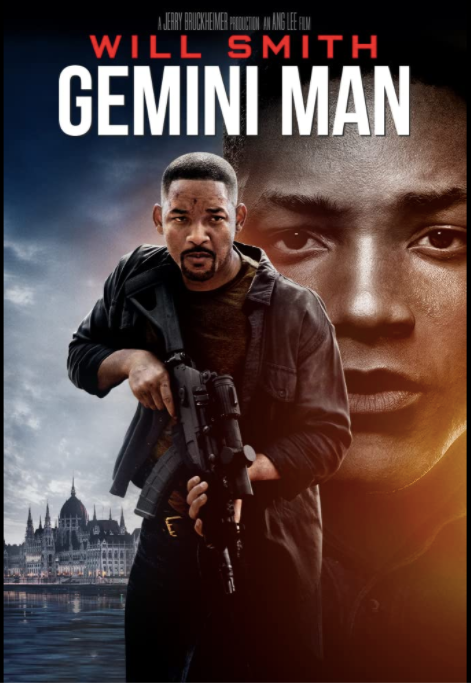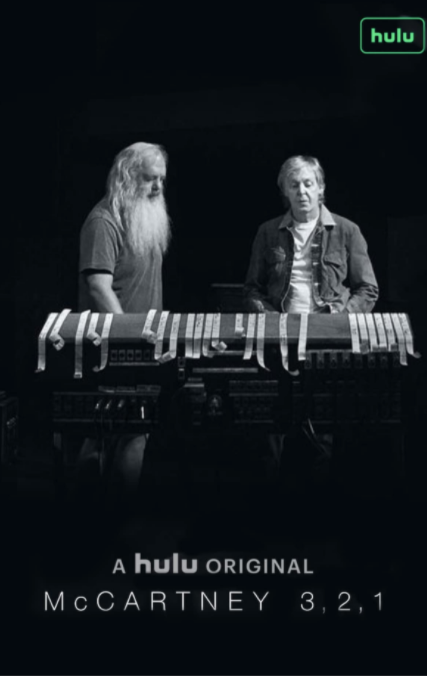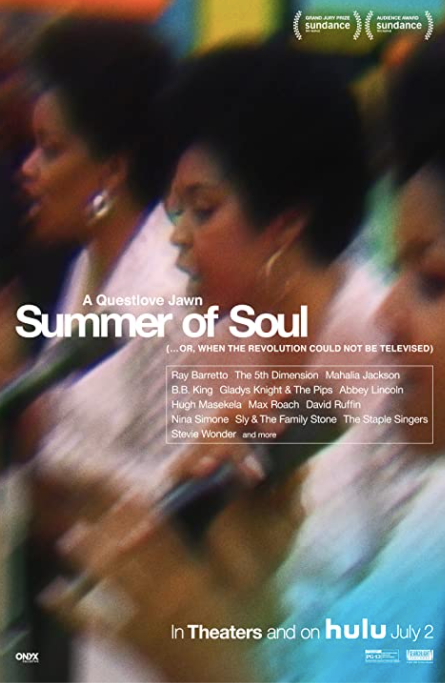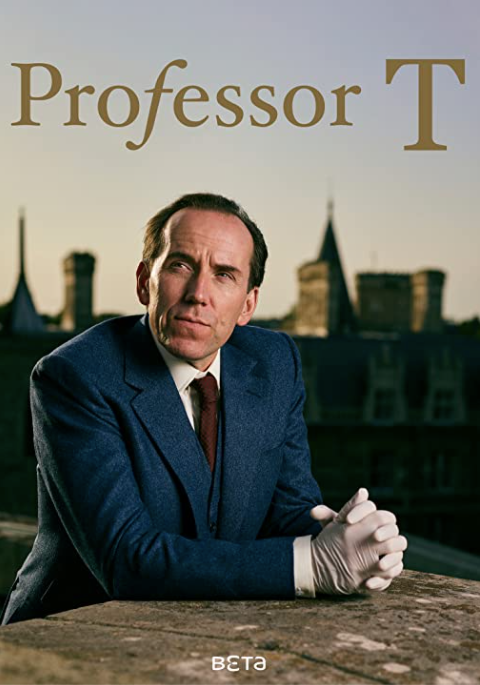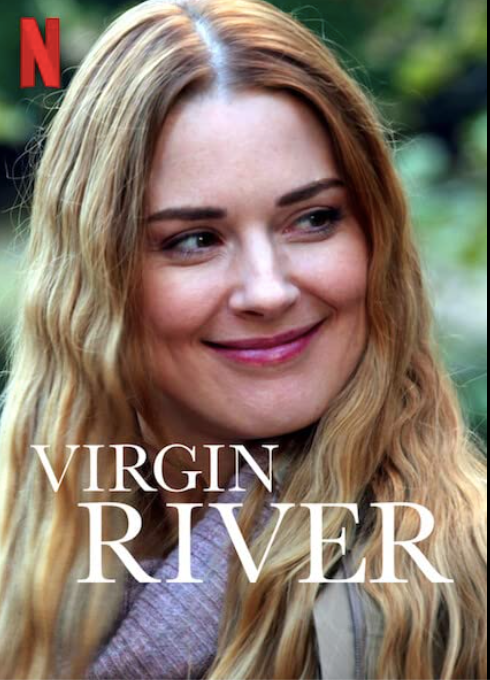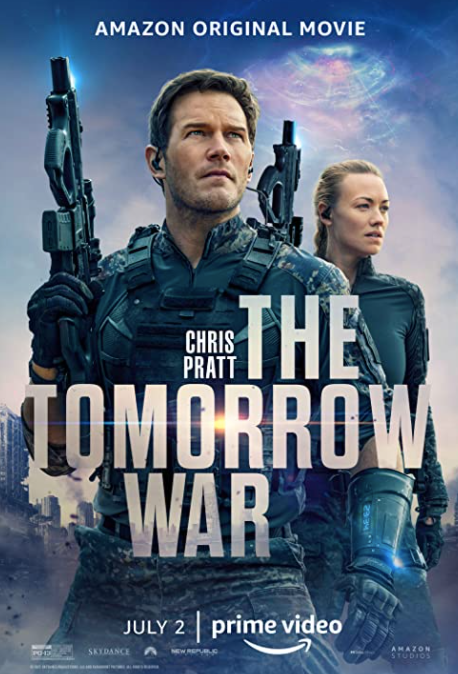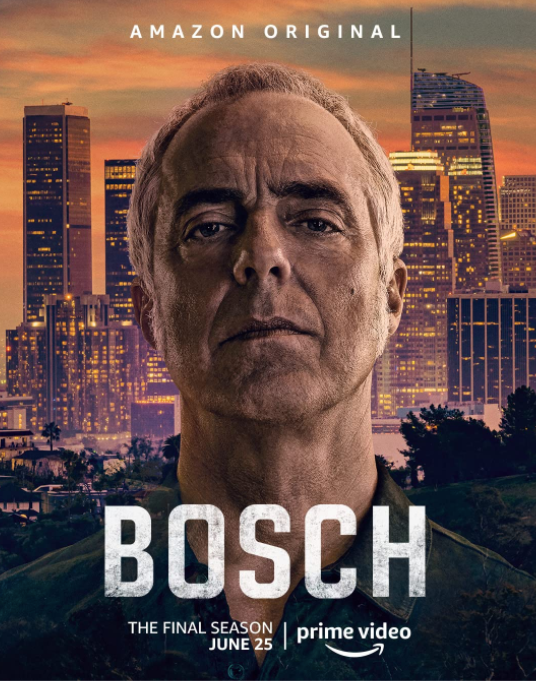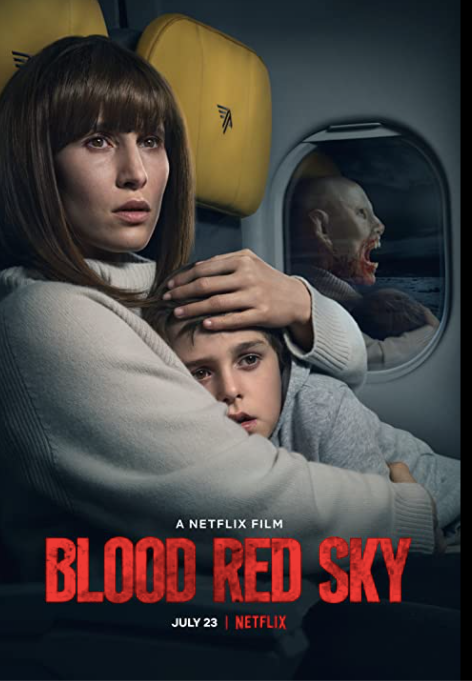
I'm not the biggest fan of vampire movies, but I really liked Abraham Lincoln: Vampire Hunter, and Netflix says Blood Red Sky is currently its most watched new movie, so I gave it shot. And I think it's outstanding, or, more precisely, a powerful, original mix of two venerable genres -- terrorist hijacking of a plane, and vampires -- with pounding action throughout and a great can't-catch-your-breath ending.
I should add that I haven't been in a plane since November 2019 due to the pandemic lockdown, and I didn't intend to with the recent surge of the Delta variant, but after seeing this movie I don't think I'll go on a plane for a while even if the vaccine I took early in the year were 100% effective and everyone was vaccinated.
So here's the plot in a nutshell, without any big spoilers. A plane is hijacked. Unbeknownst to the hijackers, the young mother on board with her pre-teen son is a vampire (that is, she is and he's not). Most of the movie is a backstory of the plane's harrowing flight -- the movie starts when the plane lands -- and there's a backstory within the backstory in which we find out how the mother became a vampire, when her son was just a little baby.
In addition to the backstory within the backstory, Blood Red Sky has other nice touches. When mom's in full vampire mode, she looks like a character out of the The Cabinet of Dr. Caligari, which makes good pictorial sense, given that Caligari and Blood Red Sky are both German films. And I liked that one of the heroes of the narrative, Farid, is Muslim.
But, listen, this movie is not for the weak of stomach. These vampires are savage. But that savagery is warranted, and makes for several top-notch emotional scenes in which Nadja the mother is torn between vampire lust for blood and motherly love for her son Elias. That close call of a primal conflict makes for a quite powerful movie.

